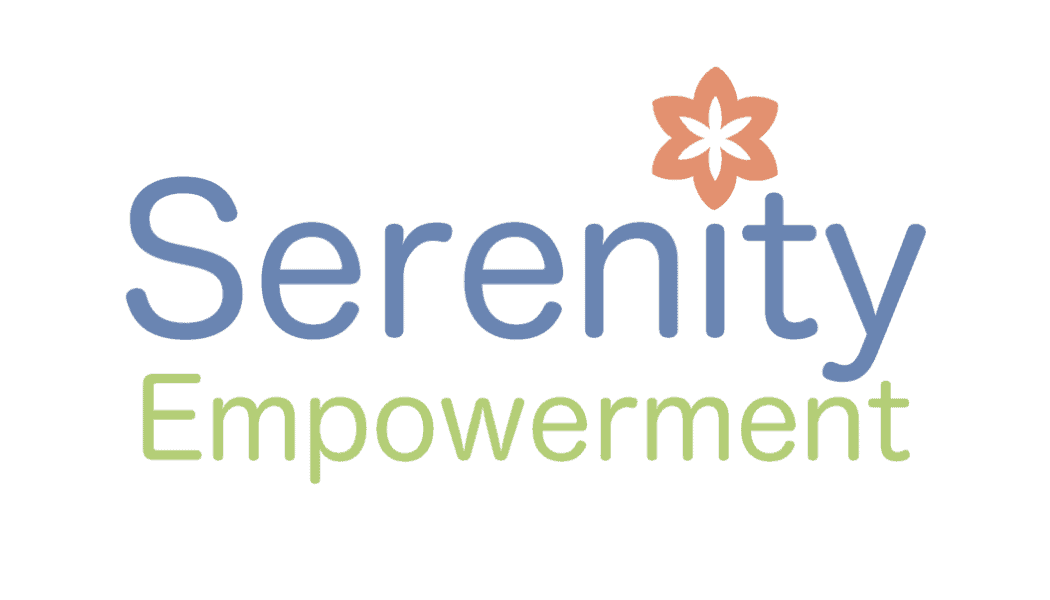The Importance of Complete Self-Acceptance
Self-acceptance is foundational to achieving wholeness. Every aspect of a person contributes to their identity and experiences, shaping their interactions and perceptions of the world. When we categorize parts of ourselves as desirable or undesirable, we undermine our inherent value. This division creates internal conflict, leading to feelings of inadequacy and fragmentation. Embracing the entirety of oneself—including flaws and perceived shortcomings—fosters a unified sense of self, allowing for true emotional and spiritual healing.
Understanding Emotions as Indicators
Emotions serve as important indicators of our internal energy state. Much like barometric readings signal changes in weather, emotions signal areas within us that require attention. Strong emotional responses often highlight neglected aspects of ourselves that demand acknowledgment. For instance, feelings of anger may signal unaddressed pain, while sadness can indicate a need for emotional support. Recognizing and validating these emotions is the first step toward maintaining balance within our being.
The Consequences of Rejection
Rejecting aspects of ourselves leads to significant emotional suffering. When we dismiss our need for emotional support or perceive certain emotions as weaknesses, we inadvertently push those parts of ourselves into the shadows. This neglect fosters unhealthy coping mechanisms, such as addiction or avoidance, as we seek to mask our distress rather than confront it. Over time, this imbalance can manifest in physical and mental health challenges, perpetuating a cycle of suffering.
The Role of Self-Care in Healing
Healing requires active engagement with our emotions and needs. Self-care practices tailored to address emotional pain are essential for nurturing neglected parts of ourselves. This might include journaling, meditation, Reiki therapy, or creative expression. By intentionally creating space to explore and understand our feelings, we can begin to provide the comfort and validation that these aspects crave. This journey of self-discovery may be uncomfortable, but it ultimately leads to deeper healing and a sense of wholeness.
Cultivating Self-Recognition and Understanding
To achieve true fulfillment, self-recognition must extend beyond external validation. Understanding our own experiences, emotions, and needs is crucial for personal growth. By fostering a compassionate inner dialogue, we nurture our emotional selves, encouraging healing and integration. This process enables us to face life’s challenges with greater resilience and authenticity. Embracing the journey toward self-awareness not only enhances our personal lives but also enriches our interactions with others, as we become capable of building deeper, more fulfilling connections in our relationships.

